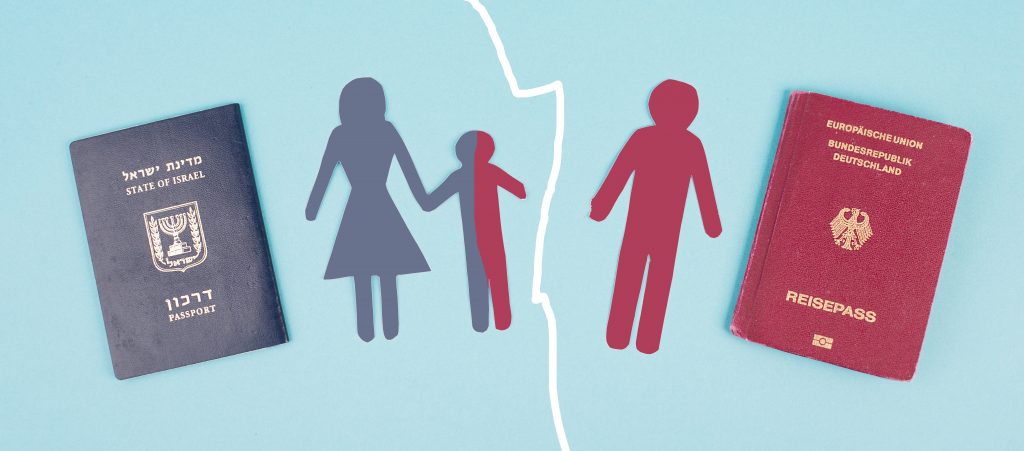Getting divorced can often be one of life’s most stressful experiences, especially if there are children involved. However, when it comes to international divorce, involving two or more different countries or jurisdictions, things can become far more complicated. Cross-border issues around child custody, division of assets, immigration and nationality can take a long time to sort out, which is why it is essential to hire specialist international family law solicitors to help you negotiate your way through the legal red tape.
What Is International Divorce?
Simply put, an international divorce is one involving two or more countries with which the couple have a meaningful connection. This could be place of birth or nationality, current or previous residence, shared property, place of marriage or strong family ties. There are different types of international divorce. Bilateral divorce happens when both parties are present, or represented in court in the country where the divorce is being filed. Ex parte international divorce occurs when just one party is present, while the other is notified and the divorce finalised in their absence.
What Are Some Of The Complications?
Resolving an international divorce can be made more complicated by the requirement to adhere to varying laws of the countries involved. Sometimes, these laws can conflict, or contradict each other, making their resolution more difficult to achieve. There can also be religious implications and requirements too, such as in Islamic marriage and divorce. Other issues can arise if one or both spouses or partners are difficult to track down when it comes to serving the divorce petition papers.
Long distances and international time zone differences can also make it difficult for partners or spouses to appear in court in person when the divorce is finalised, or to attend mediation. Finally, language barriers and cultural misunderstandings can slow down proceedings if the case is not handled correctly and sensitively. This, in particular, is a key reason why it is prudent to work with international family law solicitors who are familiar with negotiating barriers like these.

How To Get Started
Once you have made the decision to seek a divorce, you should speak to your international family law solicitor to find out which laws and processes apply in your particular case. It is worth acting fast, as in many cases, the formal legal proceedings will be held in whichever country or jurisdiction is first to receive the paperwork. Being on ‘home ground’ can be reassuring for many people, as well as logistically simpler and easier to follow what is happening and what needs to be done.
Gather all documentation that you will need early on – having to ask for time to find what you need will cause unnecessary delays and distress. Do plenty of research to find out what you need to submit or show in both your country of residence and any other countries involved. You may need to arrange for documents to be translated, so leave enough time for this to happen. You may also have to show proof of residency if you are divorcing in a jurisdiction that is not in your country of birth. Don’t forget to take into account any pre-nuptial agreements that may have been put in place – check whether they are legally valid in the country where the divorce is taking place. Consider what you want to happen to any property owned jointly in the country where you are getting divorced and/or abroad. If at all possible, meeting with your ex-partner and their legal team to work all of this out in advance will help make the divorce itself proceed more smoothly.
Think About The Children
Think about what you want to happen for any children from the marriage or partnership. Courts will (or at least should) place their needs first, wherever they are based in the world. This could be a crucial factor in how you decide where to divorce. There are strict laws in place around the thorny issue of child abduction and working out what is the best outcome for any minors involved.
The Hague Convention came into being in 1983 to enable the return of children aged 16 years or under whose parents or another family member have wrongfully removed them from their main family home. This stops anyone from taking their child across international borders in order to seek a ruling in their favour during an international divorce. Speak to your family law solicitor if you are worried about this issue, or anything else concerning international divorce.
